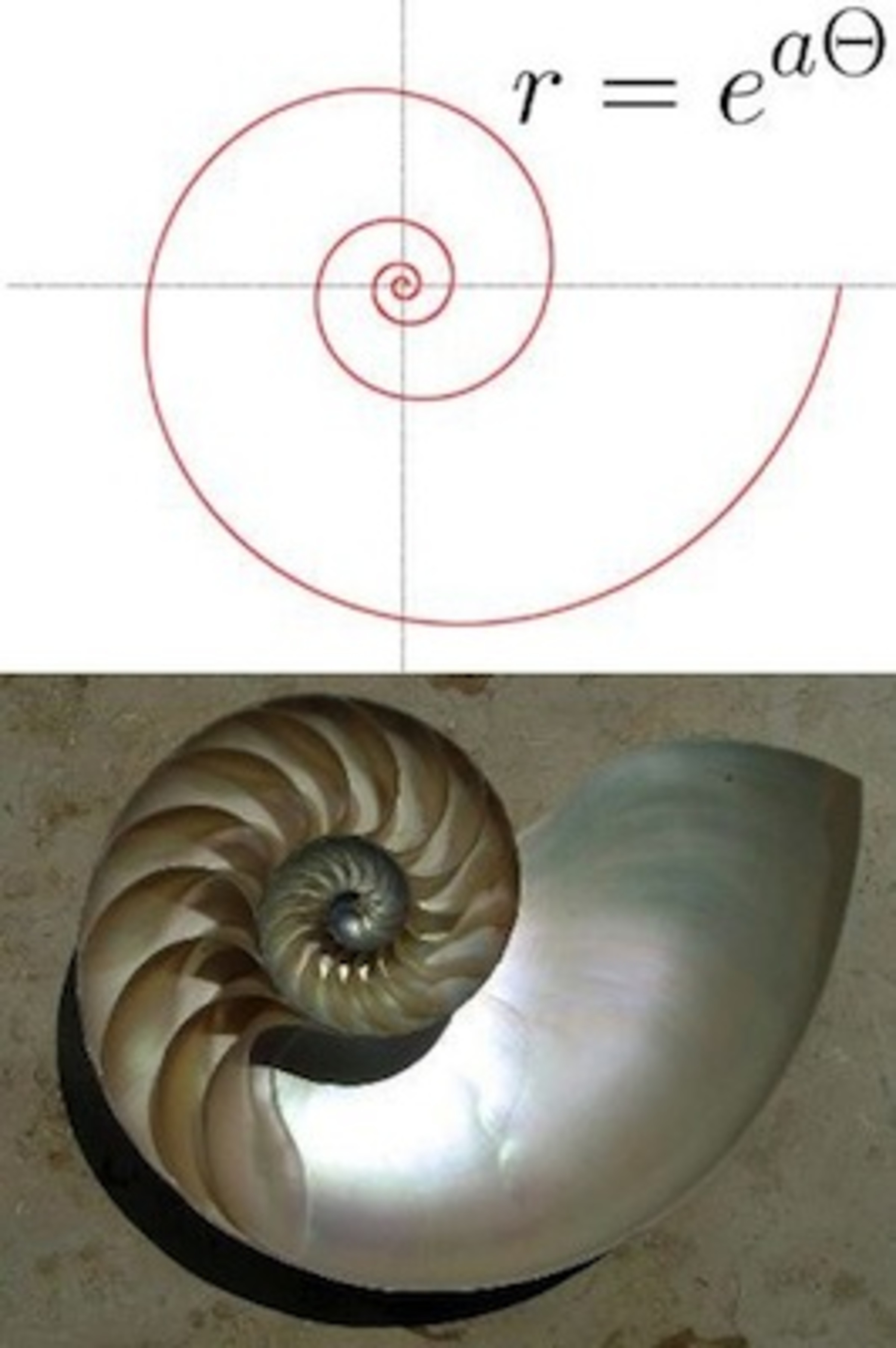The Discovery of the Number e

Main post link -> http://blog.brilliant.org/2013/02/17/the-discovery-of-the-number-e/
When most of us are first taught about the number , we are told that it is an irrational, transcendental number that is about 2.7182. Most people simply learn to manipulate . High school classes rarely mention where comes from. It is usually introduced when learning about exponents and logarithms as a “special” base that you will use a lot down the road. Early in high school I remember asking a teacher what was. I received the usual circular answer, that is the base of the natural logarithm which in turn is the logarithm of an exponent raised to the base of . This answer did not satisfy me, but I was told that I had to wait for calculus to learn other ways of approaching it’s definition...
Read the rest over at the blog.
Feel free to share your thoughts!
Easy Math Editor
This discussion board is a place to discuss our Daily Challenges and the math and science related to those challenges. Explanations are more than just a solution — they should explain the steps and thinking strategies that you used to obtain the solution. Comments should further the discussion of math and science.
When posting on Brilliant:
*italics*or_italics_**bold**or__bold__paragraph 1
paragraph 2
[example link](https://brilliant.org)> This is a quote# I indented these lines # 4 spaces, and now they show # up as a code block. print "hello world"\(...\)or\[...\]to ensure proper formatting.2 \times 32^{34}a_{i-1}\frac{2}{3}\sqrt{2}\sum_{i=1}^3\sin \theta\boxed{123}Comments
How would you show that e is irrational?
Note that this will heavily depend on your definition of e.
Log in to reply
Its simple . We write e=1+1/1!+1/2!......... and will suppose that e is rational . then e will be of form p/q . and it will be easy contradiction then
I tried and failed to share the blog in facebook. I guess the button right there at the right corner of the blog was for sharing on facebook!